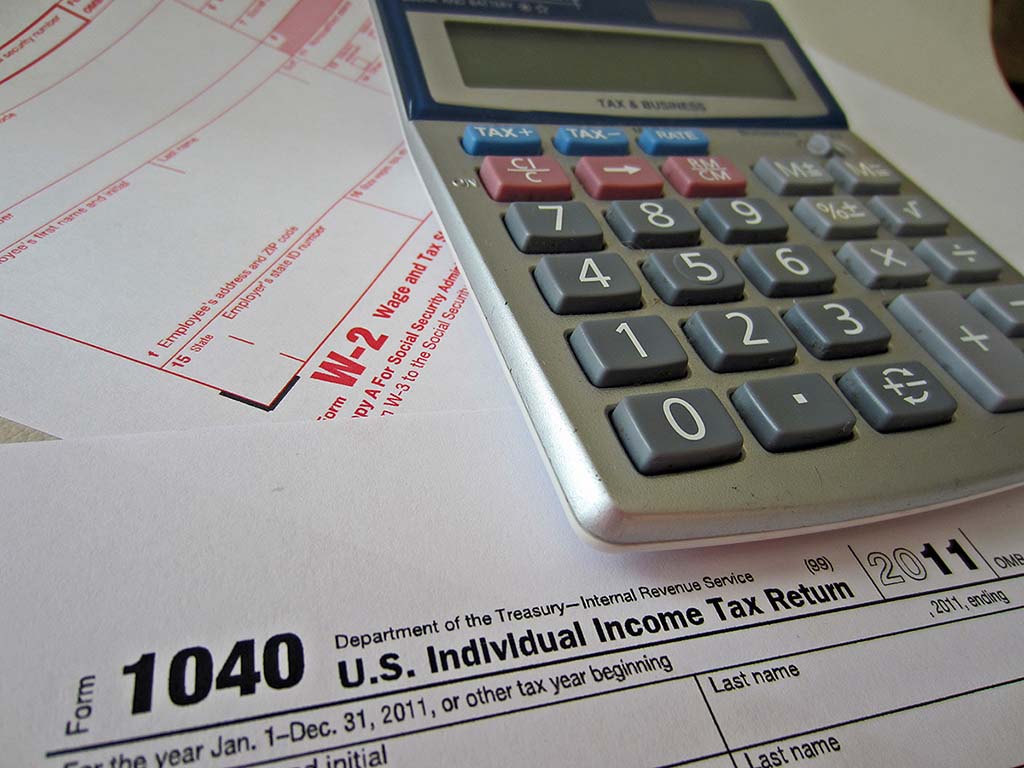Have an Individual Taxpayer ID Number? There Are Some Changes You Need to Know About

At the end of last year, Congress passed a $680 billion tax package that made a number of tax credits permanent, including 2009 improvements to the Earned Income Tax Credit (EITC) and the Child Tax Credit (CTC), and extended others for varying periods of time.
The legislation also created new requirements for immigrants who file their taxes in April 2017 with an Individual Taxpayer Identification Number (ITIN) for income earned in 2016 and beyond.
As explained in a recent webinar (slide deck below), ITINs issued after December 31, 2012 will remain in effect unless a taxpayer does not file taxes for three consecutive years. In this case, the taxpayer will need to revalidate their number. Taxpayers with older ITINs will also need to revalidate based on a schedule specified in the law.
Keep up with the latest from UnidosUS
Sign up for the weekly UnidosUS Action Network newsletter delivered every Thursday.
Now, more than ever, it is critical that immigrants understand these requirements and their obligations. The extent to which the Internal Revenue Service plans to notify taxpayers of the revalidation process and schedule is not known. ITINs not only allow immigrants to pay taxes but are needed in many instances to open bank accounts, obtain driver’s licenses, and tax documents can be used to establish proof of residency. For these reasons and many more, NCLR asks its Affiliate Network and partners beyond to let friends, family, and clients know about the new revalidation timeline and process.
ITINs issued before January 1, 2013 will remain in effect until whichever comes first:
- A taxpayer does not file for three consecutive years
- ITINs issued before January 1, 2008 must revalidate by January 1, 2017
- ITINs issued in 2008 must revalidate by January 1, 2018
- ITINs issued in 2009 or 2010 must revalidate by January 1, 2019
- ITINs issued in 2011 or 2012 must revalidate by January 1, 2020
To summarize: if any ITIN filer does not pay their taxes for three consecutive years, the taxpayer must revalidate their number. If taxpayers with older ITINs file each year, then they must revalidate by the date specified in the law.
The law specifies that taxpayers can apply for an ITIN in person, by mail, or at a Certified Acceptance Agent by providing original documents. The law does not specify what the process for revalidation will require. For example, it is not known if taxpayers will need to reapply for an ITIN by resubmitting all original documentation, if they will receive a new number or simply continue using their existing number, and more.
What is clear is that if a taxpayer does not understand these requirements, they could risk losing all of their CTC.
If someone with an ITIN issued before 2008 files their taxes in April 2017 without revalidating, those tax filings will be rejected. The taxpayer will need to revalidate their ITIN and refile their taxes. At this point, the individual will no longer be eligible for the CTC.



